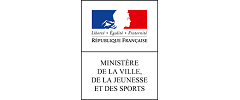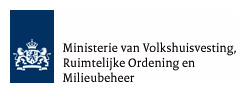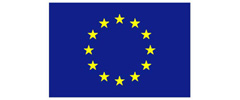Serbia
Serbia is located at the crossing of Central and Southeastern Europe. The country encompasses the southern part of Carpathian basin and the central part of the Balkans. It borders Hungary to the north, Romania and Bulgaria to the east, the Republic of Macedonia to the south, and Croatia, Bosnia and Herzegovina, and Montenegro to the west. The capital and the largest city in the country is Belgrade with a population of around 1.7 million people and it is one of the most populated cities in Southeast Europe. The total infant mortality in the country is 6.65 deaths/1,000 live births.
A Serbian Empire was formed in the 14th century by the Serbs who settled in the Balkans. The Serbian revolution (19th century) reconstructed the country as the region's first constitutional monarchy, which afterwards expanded its territory and initiated the ending of feudalism in Southeast Europe. After World War I, the country formed Yugoslavia with other South Slavic people up until 2006, when Serbia retrieved its independence. Kosovo, the Serbia's southern province, declared its independence In February 2008, with mixed responses from the international community.
The estimated GDP for 2010 is $80.602 billion or $10,897 per capita, Serbia has an upper-middle income economy. Foreign Direct Investment in 2006 was $5.85 billion or €4.5 billion. A high unemployment rate (14%) and a negative trade deficit is character for the country. Serbia is the only European country, outside the former USSR, which has free trade agreements with Russia and Belarus, besides its free-trade agreement with the EU.
Serbia is the primary frozen fruit exporter and grows about one-third of the world's raspberries.
Related Projects
Capacity Building and Strategic Partnerships for Chemicals Safety in the Republic of Serbia
Building capacity and strengthening cooperation between government agencies, NGOs, and other civil society sectors, to strengthen legislation, enforcement and partnerships for chemical safety, in particular harmful chemicals in products
10.04.2016 | WECF Project
Product and Chemical Safety in the Balkans
"Civil society cooperation on EU acquis and on values for consumer and corporate responsibility"
15.02.2011 | WECF Project



































